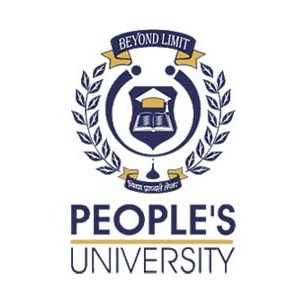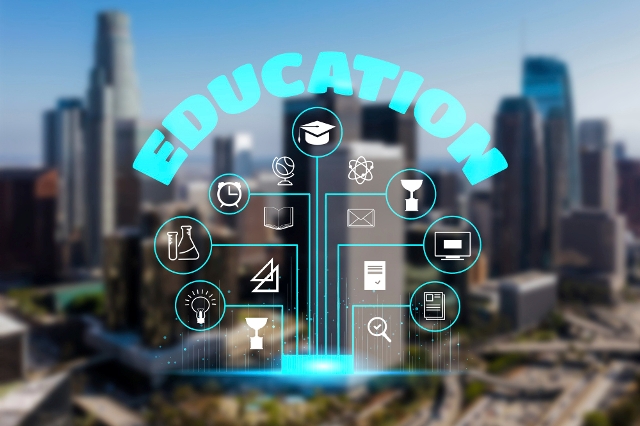Education is undergoing a transformative shift, driven by rapid advancements in technology and evolving teaching methodologies. As traditional systems adapt, the future of education is poised to become more inclusive, personalised and dynamic.
Technology’s Role in Transformation:
Technological innovations, such as artificial intelligence (AI), virtual reality (VR) and block chain are reshaping the educational landscape. AI-powered tools enable personalised learning experiences, tailoring content to individual student needs and pacing. VR creates immersive environments, allowing students to explore historical events, scientific phenomena and distant cultures as if they were physically present. Blockchain ensures secure and transparent credentialing, making academic records tamper-proof and accessible globally.
Shifts in Teaching Methodologies:
Modern educational methodologies emphasise collaboration, critical thinking and problem solving. Project based learning, gamification and flipped classrooms encourage active student participation, making learning more engaging and effective. Additionally, hybrid and fully online models offer flexibility, catering to diverse learning preferences and needs.
Global Access and Equity:
Digital tools are breaking geographical and financial barriers, enabling access to quality education worldwide. Open educational resources (OER) and massive open online courses (MOOCs) democratise knowledge, empowering learners in underserved communities. However, challenges like the digital divide and technological literacy gaps must be addressed to ensure equitable opportunities.
The Road Ahead:
The future of education is a blend of innovation and inclusivity, where learners are empowered to explore their potential through adaptable systems. By leveraging technology and refining methodologies, educational institutions are preparing students for a fast evolving world, equipping them with the skills to thrive in the 21st century.



